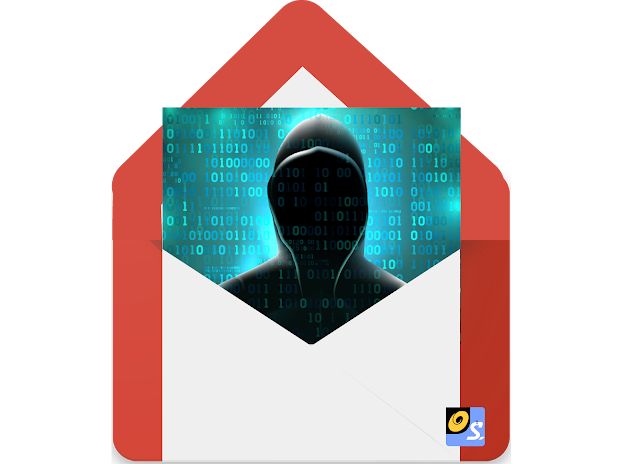 |
| Beware of fake mail |
Tech giant Google says it has seen more than 18 million malware and phishing emails in the past week alone. These mails are coronavirus or COVID-1 related scam mails. According to Google, their daily 240 million spam messages are accompanied by a lot of coronavirus scam messages.
According to an official post from Google, phishing attacks and scam emails are being spread to lure mail users. Cybercriminals are urging mail users to respond quickly by intimidating or showing financial temptation. Many emails are being disguised as credible organizations such as the World Health Organization (WHO). Donations are being requested in the mail. Some mails are being threatened with the spread of malware. If you click on any link in these emails, the malware file can be downloaded and installed backdoor. So that cyber-malicious people can take control of the device from a distance.
Google's tips to protecting against such scams are:
1. Don't click on a link in the email without confirmation. If there is a temptation or threat in the mail that you usually do not expect, do not open the mail.
2. Report any mail as suspected as a scam or phishing mail. Select suspicious mail in Gmail and send the report to Spam.
3. Be sure about the sender of any mail. Check the authenticity of any link or URL sent in the mail.
4. Launch Google's Advanced Protection Program.
Recently, Facebook, Google, and other big tech companies have started using algorithms. They have introduced warnings about harmful coronavirus theories, harmful advertisements, and untested drugs. References: Gadgets Now
#internet security